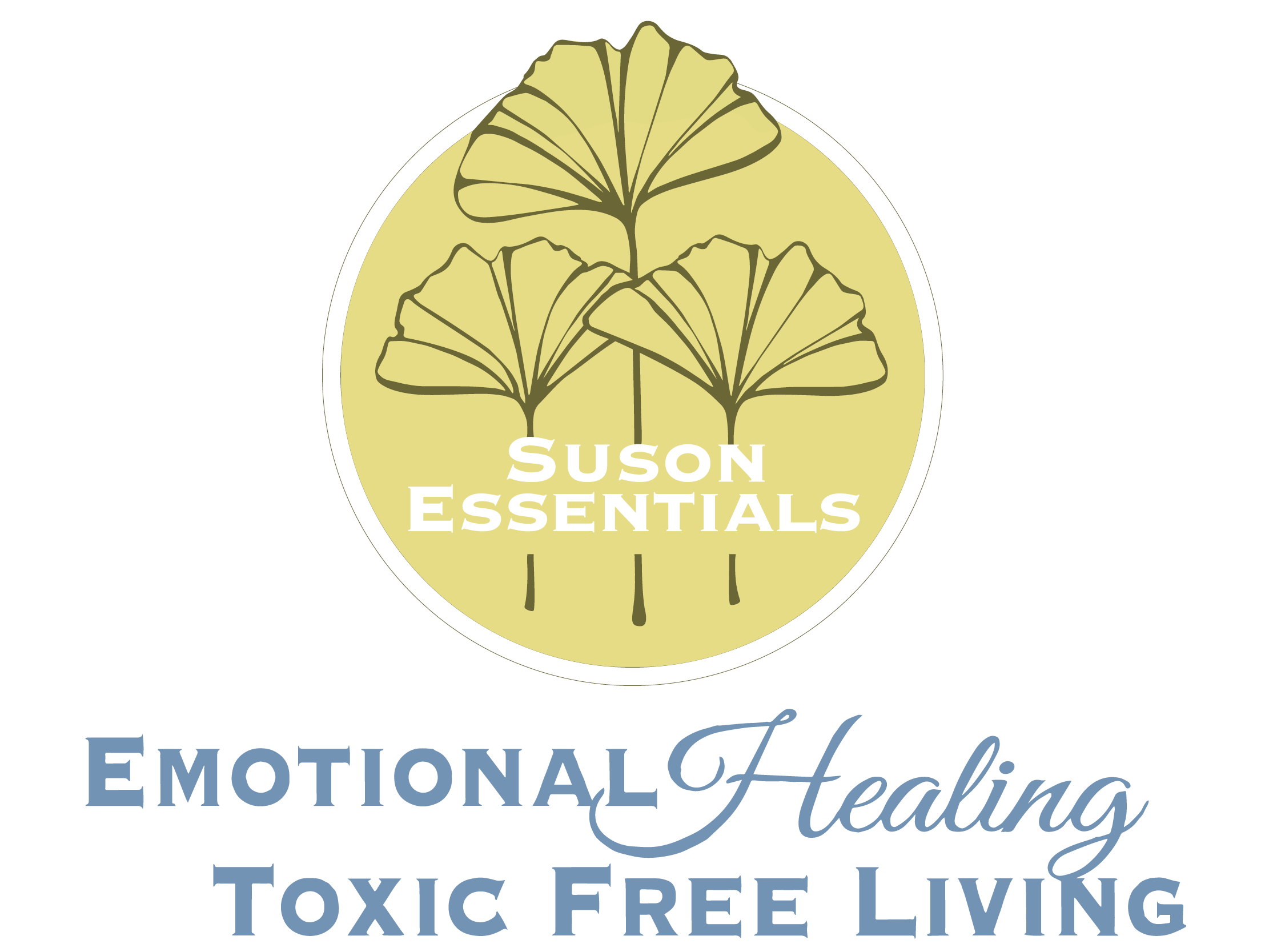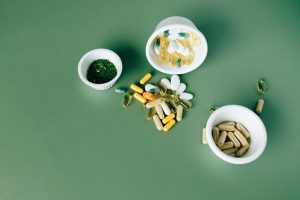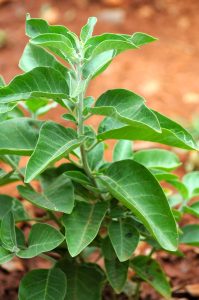 The human body is a complex ecosystem that hosts numerous microorganisms, many of which are beneficial and necessary for proper biological function. However, within this intricate network, there also exist harmful parasites that can cause a range of health complications, from mild digestive disturbances to life-threatening illnesses. Effective management of parasitic infections often requires a comprehensive approach, including dietary adjustments, nutritional supplements, and proper hygiene practices. This article explores how nutrient-rich supplements, such as Opti-Para Nutrients, can play a crucial role in combating parasitic infections, enhancing overall health, and supporting the immune system in maintaining long-term wellness.
The human body is a complex ecosystem that hosts numerous microorganisms, many of which are beneficial and necessary for proper biological function. However, within this intricate network, there also exist harmful parasites that can cause a range of health complications, from mild digestive disturbances to life-threatening illnesses. Effective management of parasitic infections often requires a comprehensive approach, including dietary adjustments, nutritional supplements, and proper hygiene practices. This article explores how nutrient-rich supplements, such as Opti-Para Nutrients, can play a crucial role in combating parasitic infections, enhancing overall health, and supporting the immune system in maintaining long-term wellness.
Parasites are organisms that live within or on a host, deriving nutrients at the host’s expense. They come in many forms, including protozoa, helminths (worms), and ectoparasites, such as lice and ticks. According to the Centers for Disease Control and Prevention (CDC), millions of Americans carry undetected parasitic infections that contribute to chronic fatigue, gastrointestinal issues, and weakened immune responses. The prevalence of parasitic infections is often overlooked in developed countries, yet evidence suggests that factors such as international travel, immigration, and contaminated water sources can contribute to their spread (CDC, “Parasites – American Public Health”).
The first step in addressing parasitic infections involves understanding how these organisms infiltrate the human body. Common transmission routes include contaminated food and water, contact with infected soil, and vectors like mosquitoes or ticks. Once inside the body, parasites evade the immune system through various mechanisms, often creating biofilms—protective structures that shield them from immune cells and antimicrobial agents (Garg and Gopinath 211). Over time, this can lead to a condition known as chronic parasitic infestation, characterized by persistent inflammation, nutrient malabsorption, and gut dysbiosis.
Recent studies emphasize the role of dietary and nutritional interventions in combating parasitic infections. For example, the inclusion of anti-parasitic herbs such as wormwood (Artemisia absinthium), black walnut hulls, and cloves has long been used in traditional medicine to target parasites and break down biofilms (Engels et al. 324). These natural compounds contain active phytochemicals that inhibit parasite replication and disrupt their life cycles. Additionally, modern formulations like Opti-Para Nutrients combine these traditional remedies with essential vitamins and minerals, providing a synergistic approach to cleansing the body.
The effectiveness of such supplements lies in their ability to modulate the immune system and support detoxification processes. Vitamins and minerals, particularly vitamin C, zinc, and selenium, play a vital role in bolstering the immune response against parasitic threats. Vitamin C, known for its antioxidant properties, neutralizes free radicals produced during parasite-induced inflammation, thereby reducing oxidative stress (Pall et al. 129). Similarly, zinc influences the activity of immune cells such as T-lymphocytes and natural killer (NK) cells, enhancing their ability to identify and destroy foreign invaders (Prasad 123).
A critical component of any anti-parasitic protocol is the inclusion of fiber-rich foods and prebiotics to promote healthy digestion and restore gut balance. Parasites often thrive in an imbalanced gut environment, where they compete with beneficial bacteria for nutrients. High-fiber foods, such as flaxseeds, psyllium husk, and fruits, support bowel regularity and encourage the elimination of parasites and their waste products from the gastrointestinal tract (Slavin 355). Prebiotics, which serve as food for beneficial bacteria, further help to repopulate the gut microbiome, creating a hostile environment for parasitic organisms.
The gut-liver axis is another key consideration in the fight against parasites. The liver plays a central role in detoxifying harmful byproducts generated by parasitic infections. Supplements that contain liver-supportive ingredients like milk thistle (Silybum marianum) and dandelion root can enhance hepatic function, enabling the body to excrete toxins more efficiently (Tirkey et al. 541). Moreover, these botanicals exhibit anti-inflammatory and antioxidant properties, which reduce the burden on the liver and improve overall metabolic health.
 While nutrient supplementation is an effective strategy for addressing parasitic infections, lifestyle modifications are equally important. Hygiene practices, such as handwashing, proper food handling, and drinking purified water, significantly reduce the risk of reinfection. Additionally, regular physical activity and stress management techniques, such as meditation or yoga, have been shown to strengthen immune function and lower cortisol levels, which can inhibit immune responses during chronic stress (Sternberg 1289).
While nutrient supplementation is an effective strategy for addressing parasitic infections, lifestyle modifications are equally important. Hygiene practices, such as handwashing, proper food handling, and drinking purified water, significantly reduce the risk of reinfection. Additionally, regular physical activity and stress management techniques, such as meditation or yoga, have been shown to strengthen immune function and lower cortisol levels, which can inhibit immune responses during chronic stress (Sternberg 1289).
Clinical evidence supports the use of comprehensive parasite cleansing protocols that incorporate dietary changes, supplementation, and lifestyle interventions. A randomized controlled trial conducted by Miller et al. examined the effects of a multi-herbal supplement regimen on individuals with chronic Giardia infections. The study found that participants who received the supplement experienced a significant reduction in symptoms and parasite load compared to the placebo group (Miller et al. 234). These findings highlight the potential of targeted supplements to enhance traditional anti-parasitic therapies.
Despite these promising results, it is essential to approach parasite cleansing with caution. Aggressive detoxification protocols can lead to “die-off” reactions, characterized by temporary worsening of symptoms as parasites are killed off and toxins are released. This phenomenon, known as the Herxheimer reaction, underscores the importance of gradual detoxification and proper support for the body’s elimination pathways (Schwartz et al. 98). Drinking plenty of water, consuming electrolytes, and incorporating gentle exercise can help mitigate these reactions.
In conclusion, nutrient-rich supplements, such as Opti-Para Nutrients, offer a valuable tool for addressing parasitic infections and promoting overall health. By combining traditional anti-parasitic herbs with immune-supportive vitamins and minerals, these formulations provide a multifaceted approach to combating parasites. When used alongside dietary adjustments and lifestyle changes, they can help restore balance to the body’s microbiome, enhance immune function, and reduce the risk of reinfection. As the prevalence of parasitic infections continues to pose a threat to global health, a holistic approach that emphasizes prevention, early detection, and effective treatment remains crucial.








